Investing in yourself – how to get into a savings habit
By Helen Massy
Building a savings habit can feel like a challenge, but it's an investment in your future! Your Future founder, Helen Massy, chats with the team at Serve and Protect Credit Union to explore practical tips and tricks to get you started.
Serve and Protect Credit Union is a not-for-profit organisation. They encourage people to save and are there as an option if people need to borrow money responsibly. In this article, Jon and Rob, the resident money gurus at Serve and Protect, are dropping some serious knowledge bombs. They’ll be talking about why investing in yourself is the ultimate flex, and how it can lead you straight to financial freedom. So ditch the FOMO and the broke student life – let’s get that green paper stackin’! Here's what I learned from Jon and Rob during the interview.
Jon: Way back when in 1986 (£1s were still in paper notes), I joined the Royal Air Force at 16.5 years of age, I wish somebody had taken the time to spell out for me the importance of saving for those things I may need, rather than the route I took, which was borrowing (sometimes at not the best of deals). The sooner you stack those coins, the sooner you can snag that new outfit or hit that epic music festival without getting buried in debt or loan shark interest rates. Rob will break down why saving early is the ultimate and best move.
Rob: Building a savings habit is like levelling up your financial resilience. Basically, the more you save each month, the more prepared you’ll be for life’s curveballs. Think car troubles, an unexpected job loss, or that messy break-up – having a safety net of cash means you can avoid major financial stress and adult meltdowns.
Using your own money also means that, when these difficulties arise, you reduce the likelihood of having to borrow money throughout your life or career, avoiding those high-interest creditors such as ‘payday loans’ who often charge over 100% APR and can have a negative impact on your credit score.
Creating a savings habit is also a great way to reach your future goals, such as saving for your first house deposit, your annual summer holiday, or buying your first car outright. The sooner you start saving those coins, the faster you’ll hit your goals. There’s nothing more satisfying than crushing your savings targets and knowing you invested in yourself. #adultingwins
How can you start to save money?
The first step to successfully saving is to create a budget plan:
1. Find out how much you earn each month. If you are working full time, this may not change but if you have part-time job, you may need to amend your amounts as required.
2. Calculate how much you are spending each month, and split your outgoings into your ‘needs’ (essentials) and ‘wants’ (desirables).
3. Calculate how much is left after spending – this could be money for you to set aside and save.
4. If you don’t have any money left over, you may want to explore ways to create some savings by reducing how much you spend on those everyday ‘wants’. These are things you can live without, such as coffee and takeaway food.
5. Set yourself a savings goal. Sometimes, the hardest part about saving is just getting started.
The 50-30-20 rule
Another way to create a budget plan is by following the 50-30-20 rule, which involves dividing your money into three categories: needs, wants, and savings.
Needs = 50%
50% of your after-tax income goes towards your ‘needs’, such as rent, transportation, insurance, groceries, and healthcare.
Wants = 30%
30% of your after-tax income goes towards your ‘wants’ such as meals out, new tech gadgets, and concert tickets.
Savings = 20%
20% is left to help you prepare for your financial future goals, whatever your dreams may be.
Serve and Protect Credit Union has a free-of-charge savings calculator on our website, which highlights how much you will have saved over time.
Sending good vibes for your financial future! You got this!
Learn more about Serve and Protect Credit Union here:
Website: https://serveandprotectcu.co.uk/
Instagram: @serveandprotectu
TikTok: @serveandprotectu
YouTube: @serveandprotect




